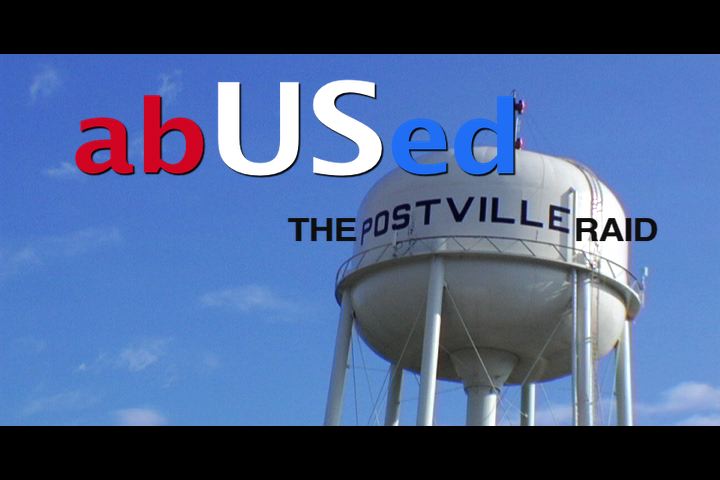Postville Raid Documentary Puts Immigration Crackdown in Context
By Steven Pate in Arts & Entertainment on Jul 18, 2011 9:00PM
 It has been just over three years since a U.S. Immigration and Customs Enforcement (ICE) raid on the world's largest kosher slaughterhouse and meat-packing facility swept up nearly 400 undocumented workers and permanently altered the fate of tiny Potsville, Iowa. The Bush Administration intended for the 900 federal agent-strong show of force to be a shot across the bow of those companies relying on illegal immigrant workers, with the scooped up workers fasted-tracked through a legal system where they were convicted of criminal charges (often felony identity theft) and sentenced to prison, many pleading guilty to crimes they didn't fully understand. Rather than tipping the scales in the administration's favor, it marked the a low water mark, when a willingness to use workers' livelihoods to score political points drew more outrage than praise.
It has been just over three years since a U.S. Immigration and Customs Enforcement (ICE) raid on the world's largest kosher slaughterhouse and meat-packing facility swept up nearly 400 undocumented workers and permanently altered the fate of tiny Potsville, Iowa. The Bush Administration intended for the 900 federal agent-strong show of force to be a shot across the bow of those companies relying on illegal immigrant workers, with the scooped up workers fasted-tracked through a legal system where they were convicted of criminal charges (often felony identity theft) and sentenced to prison, many pleading guilty to crimes they didn't fully understand. Rather than tipping the scales in the administration's favor, it marked the a low water mark, when a willingness to use workers' livelihoods to score political points drew more outrage than praise.
The fallout from the raid, which disrupted the nation's most important supplier of kosher beef, shuttered the largest employer in Northeastern Iowa, tore families apart and galvanized the voices of opposition to what many saw as abuses of human and constitutional rights, persists today. Screening as part of an event entitled Immigration Enforcement: From the Postville Raid to Today at the National Museum of Mexican Art, a new film called AbUSed: The Postville Raid by Guatemalan documentarian Luis Argueta, folds together the remembrances of the workers, their families, town residents and officials involved with the Postville raid and its aftermath into the story of the Bush administration's troubling and excessive zeal in its immigration crackdowns.
The slaughterhouse which was the subject of the raid, Agriprocessors, had been under increasing scrutiny for labor violations and inhumane practices prior to the raid and afterwards faced bankruptcy and the imprisonment of its highest corporate officer for fraud. What seemed to be a odd little beacon of cultural diversity, with a largely Latino workforce staffing a facility founded in the 1980s and run by Hasidic Jews in the rural heart of the Midwest was snuffed out that day, as nearly a third of the town was either arrested or had warrants issued for it. With a subsequent rebuke by the U.S. Supreme Court and public accusations of unfairness by participants in the Postville incident, it is no longer arguable that the dramatic ICE raid tactics were justifiable. Hearing from those whose lives were upended - one woman describes how her young daughter (a U.S. citizen) has slowly gotten used to dirt floors in impoverished Guatemala and gets by with coffee instead of the juices and milk that fortified her diet in Iowa - puts the caprice of the crackdown in a starkly human context.
AbUSed: The Postville Raid screens Wednesday, July 20 at the National Museum of Mexican Art, 1852 W. 19th St., Chicago. The program begins at 5 p.m. for a suggested donation of $10. You are encouraged to RSVP online with the coordinators of the event, the Jewish Council on Urban Affairs.
"abUSed: The Postville Raid" Theatrical Trailer from Luis Argueta on Vimeo.